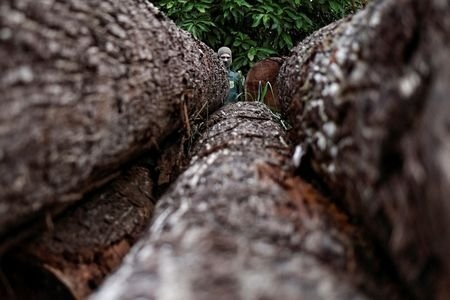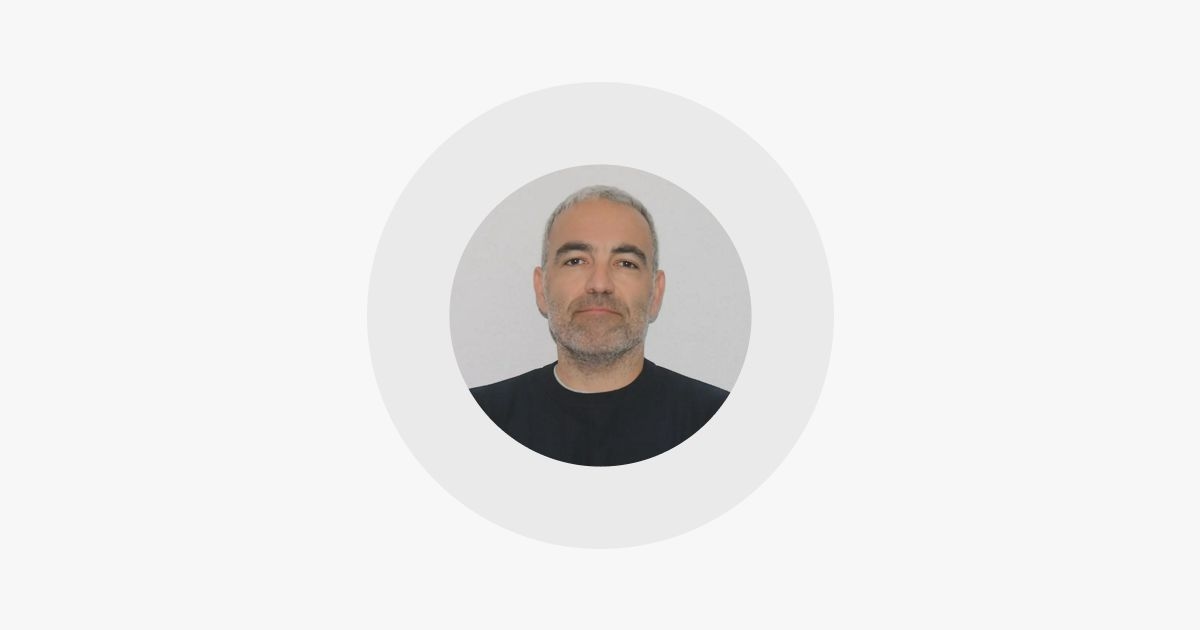Small cocoa producers fear new European law against deforestation.

Small cocoa producers around the world, from Africa to Latin America, fear that a new law against deforestation will exclude them from the European market.
+Quaest: majority agrees with new operations in Rio de Janeiro; Castro's approval rating skyrockets.
Starting in 2026, importers of seven agricultural products , including cocoa, will have to ensure that they do not originate from land deforested after 2020.
According to Régis Meritan, a specialist at the European Commission and one of the promoters of this legislation, known as the European Union Regulation on Deforestation (EURD), the objective is to involve as many sectors as possible in the fight against deforestation.
“The bad reputation acquired by palm oil 10 or 15 years ago,” accused of destroying forests, “has left its mark on the chocolate industry,” observes the expert, who participated in an industry meeting last weekend in Paris, during the Salon du Chocolat.
The industry is now aware of the "reputational risk of placing unsustainable products on the market."
The law 's objective is "to help end the cycles of deforestation that have always characterized cocoa production and fueled the global market with low prices," he states.
Globally, deforestation is primarily linked to the expansion of agricultural land.
In some African countries, cocoa played an important role: a farmer cultivates a deforested plot of land, where cocoa trees grow for a few years thanks to the fertility of the ashes, before dying, which forces the producer to deforest another area and start over.
“Ivory Coast [the world’s largest producer] has lost 95% of its forests for this reason,” explains Christophe Eberhart, co-founder of Ethiquable, which, together with the organization Agronomists and Veterinarians Without Borders (AVSF), organized a debate alongside the 30th Salon du Chocolat, which ends this Sunday.
According to him, the European intention is good, but it could exclude small producers from the European market.
'A burden'The entry into force of the EU Regulatory Standard was postponed for one year, until the end of 2025, and in October the European Commission proposed a further six-month postponement to reduce the obligations that small businesses will have to comply with.
The member states and the European Parliament have yet to give their opinion.
“Large companies – Barry Callebaut, Nestlé, Mondelez, Kraft – have spoken out against a further postponement, arguing that they have already made the necessary investments to comply with the law,” Eberhart points out.
But for small producers, who will have to provide, among other things, the GPS location of their land, "this represents above all a burden" that could negatively affect their prices.
The Ivorian Fair Trade Network (Rice), which is already certified, sees the law as "an opportunity," according to its president, Fortin Bley, although he acknowledges that "there are certified cooperatives and others that have practically no information about the RDUE."
Luis Mendoza, president of Alcacao, a Latin American network of cocoa producers, emphasizes that "in Latin America, the main causes of deforestation are not cocoa."
However, European standards require a product with “zero deforestation,” that is “traceable,” and “legal.” Mendoza points out that, in countries like Peru, “only 30% of producers have land titles,” which makes it difficult to speak of “legality.”
In Haiti, cocoa producers own, on average, one hectare, and "it makes no sense to talk about deforestation," says Guito Gilot, manager of the Feccano cooperative. "These are ancient lands that allow families to guarantee their livelihood."
Although he does not oppose the law against deforestation, he asks that it take into account the specificities of certain regions. "For Haiti, it's yet another blow. We have European clients and we need to georeference the land, which represents a financial burden," he notes.
According to Romain Valleur of the NGO AVSF, "many producers and organizations still do not comply with the regulations, despite their efforts." He hopes that this will lead "producers to organize themselves into true cooperatives."
IstoÉ





